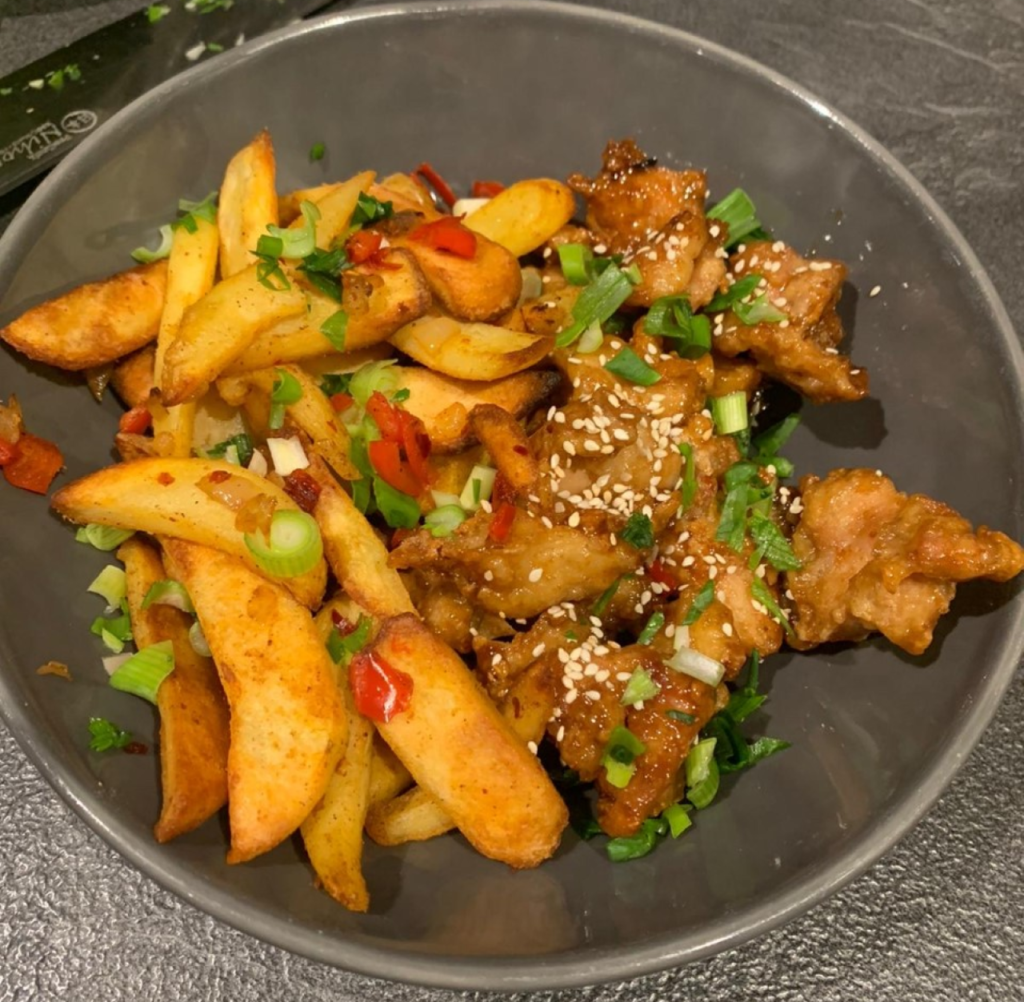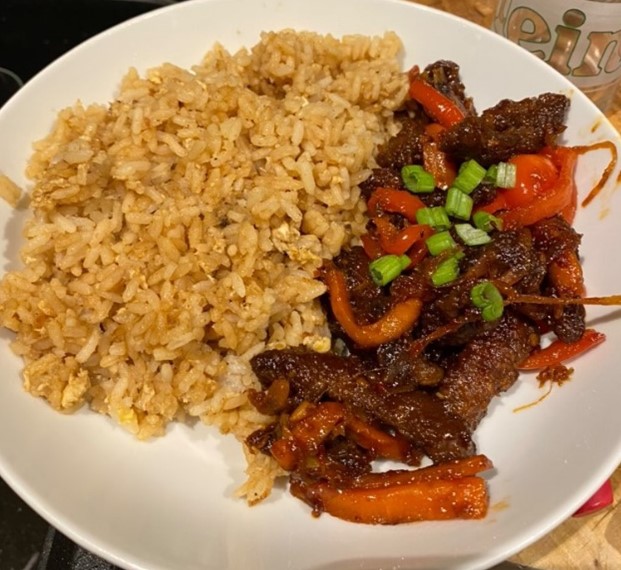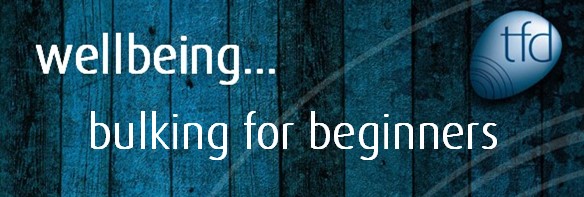Bulking – What is it?
Bulking is a commonly used term within bodybuilding, but what does it mean?
Bulking refers to the progressive increase of calories consumed to suffice your body’s need to grow, in combination with weight training. You should aim to eat more than your body needs for 4-6 months, to provide fuel to boost muscle growth and size, and gain strength whilst weight training.
Bulking leads to increased fat gain to allow muscle to grow underneath, which is why bulking is followed up by another popular term “cutting” which we will cover in another blog so watch this space!

Bulking – How to bulk?
Its recommended you eat 10-20% over your calorie maintenance for an average weight gain of 0.25-0.5% body weight per week. If you are new to weightlifting/bodybuilding, you should aim for a higher calorie surplus to further increase muscle gain. However, if you have been bodybuilding for several years, you should aim to eat less of a calorie surplus to avoid an exponential increase of fat.
Whilst bulking, you need to focus on nutrient rich foods, which means avoid the high sugar foods, alcohol, and heavily processed foods. So, calorie dense foods such as nuts, granola, avocados, fish, eggs, dairy, and meat are perfect.
You also need to aim to eat 1-2g of protein per 1lb of body weight, so if you weigh 60kg, you need to be eating around 130-260g of protein daily. Animal products are packed with protein, as-well as nuts, seeds, and plenty of vegan options. An easy way of getting quick protein is a protein shake, averaging around 20g of protein per scoop.
One mistake people do make is consuming too much protein in one sitting, it has been proven that the human body only absorbs around 20-30g of protein per sitting (one sitting = every 75-90 minutes), so overly consuming protein causes it to be excreted and therefore wasted. However, there is not a daily maximum that can be absorbed so, if you’re eating at the correct times, you can technically absorb up to 500g of protein daily!
Fuelling up on carbs is also extremely important. You need lots of energy for weight-lifting, and consuming high amounts of carbohydrates gives you this energy. Any energy that is not used is stored in the body as fat, which helps you get bigger, thus bulking up. You should aim to eat 5-7g of carbs per 1kg of bodyweight, so as a 60kg person, you should aim to eat 300-420g of carbs daily.
Drinking water is also extremely important. Strength training causes you to sweat which will result in dehydration, this then affects muscle recovery and therefore impacts how your much mass is retained.

Bulking – is it difficult?
Bulking is the best way to put on muscle mass and gain strength. If you are new to bodybuilding and want to put on size, this is the best way.
However, bulking is different for lots of people as some people have fast metabolisms and little appetite which makes it harder for them to eat more and put on weight. People who struggle with bulking should aim to consume a high number of liquid calories, so drinking protein shakes with oats, bananas, peanut butter, ice cream etc added in is a good way, as well as consuming calorie dense foods such as nuts and meat.
What should I be eating/ drinking?
Eating calorie dense foods is also extremely important. There are so many foods that are very high in calories and small portions, some include granola (100g = 505 calories +150ml of milk = 120 calories = 625 calories) + a large banana (125 calories) and a standard 300ml protein shake (300+ calories), that alone for breakfast is 1050 calories.
Snacks including nuts (one handful 30g nuts = 300 calories), quarter of a pork pie/mini pork pie (300 calories), raisins (one mini box/15g = 50 calories).
Eating high carb and protein meals for lunch and dinner, pasta (100g when dry/240g cooked = 400 calories) with either a pesto/ tomato sauce (100 calories depending on how much and of what) with one chicken breast fried in a table spoon of oil (300 calories) and 30g (200 calories) of cheese is 1000 calories, nutritious and easy to eat, combining with a protein gainer shake e.g. large banana (125 calories) + 25g of peanut butter (150 calories) + 100g oats (400 calories) + 1 scoop ice cream (100 calories) + 250ml milk (125 calories) + scoop of protein powder (100 calories) = 1000 calories.
Other foods that are calorie dense and great for bulking:
- Beef and red meats
- Chicken
- Low-fat dairy
- Rice
- Wide range of fruit and vegetables
- Oily fish
- Bread + cereals
- Eggs
- Beans, seeds, nuts etc
- Oils (olive, avocado, flaxseed)
Foods to avoid:
- Alcohol
- Soft drinks
- Sweets
- Deep fried food
Although these are high in calories, they are ridiculously high in fat and sugars which have a negative affect on internal organs such as heart health, lungs, and blood.
Some supplements which can also help with bulking include caffeine and creatine, caffeine decreases pain sensations and improves focus, which helps overload muscles in training, and creatine supplies the muscles with extra energy and allows muscles to lift heavier, again increasing strength and power.
Realistically, your diet should be a split of around:
50-60% Carbohydrates
30-35% protein
15-30% fats
So, if you consumed 3300 calories a day, this is what the macros look like:
400-500g carbs
250-290g protein
55-110g fats

Bulking – Conclusion
Bulking is a phase in bodybuilding that involves consuming more calories to build muscle. Additional protein and carbs are used in this phase. A person will generally follow a bulking phase with a cutting phase. During bulking, foods that are calorie dense and nutrient rich should be priority, consuming high sugar foods should be avoided.
If you’d like a chat more about bulking and to start your journey then book a consultation to get yourself started!

